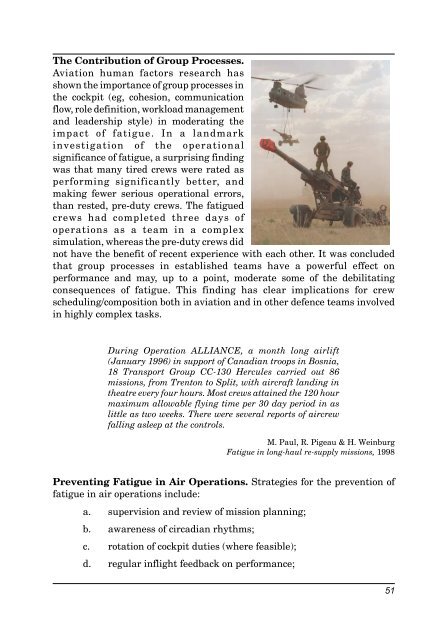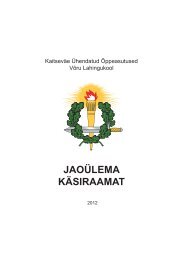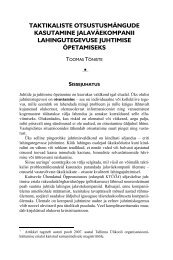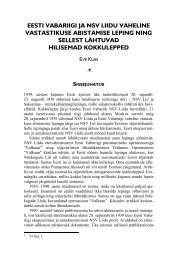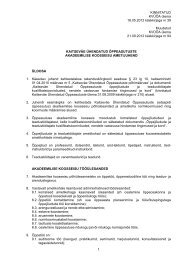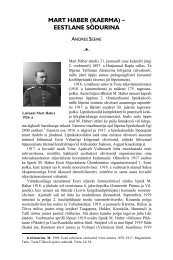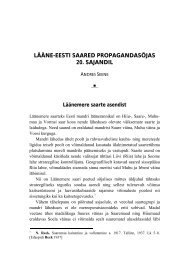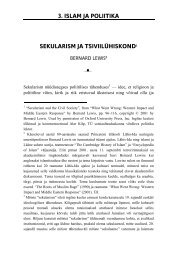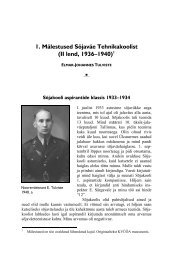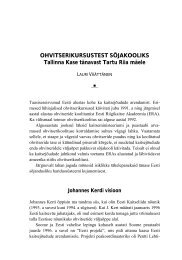Fatigue Management
Fatigue Management
Fatigue Management
Create successful ePaper yourself
Turn your PDF publications into a flip-book with our unique Google optimized e-Paper software.
The Contribution of Group Processes.<br />
Aviation human factors research has<br />
shown the importance of group processes in<br />
the cockpit (eg, cohesion, communication<br />
flow, role definition, workload management<br />
and leadership style) in moderating the<br />
impact of fatigue. In a landmark<br />
investigation of the operational<br />
significance of fatigue, a surprising finding<br />
was that many tired crews were rated as<br />
performing significantly better, and<br />
making fewer serious operational errors,<br />
than rested, pre-duty crews. The fatigued<br />
crews had completed three days of<br />
operations as a team in a complex<br />
simulation, whereas the pre-duty crews did<br />
not have the benefit of recent experience with each other. It was concluded<br />
that group processes in established teams have a powerful effect on<br />
performance and may, up to a point, moderate some of the debilitating<br />
consequences of fatigue. This finding has clear implications for crew<br />
scheduling/composition both in aviation and in other defence teams involved<br />
in highly complex tasks.<br />
During Operation ALLIANCE, a month long airlift<br />
(January 1996) in support of Canadian troops in Bosnia,<br />
18 Transport Group CC-130 Hercules carried out 86<br />
missions, from Trenton to Split, with aircraft landing in<br />
theatre every four hours. Most crews attained the 120 hour<br />
maximum allowable flying time per 30 day period in as<br />
little as two weeks. There were several reports of aircrew<br />
falling asleep at the controls.<br />
M. Paul, R. Pigeau & H. Weinburg<br />
<strong>Fatigue</strong> in long-haul re-supply missions, 1998<br />
Preventing <strong>Fatigue</strong> in Air Operations. Strategies for the prevention of<br />
fatigue in air operations include:<br />
a. supervision and review of mission planning;<br />
b. awareness of circadian rhythms;<br />
c. rotation of cockpit duties (where feasible);<br />
d. regular inflight feedback on performance;<br />
51


